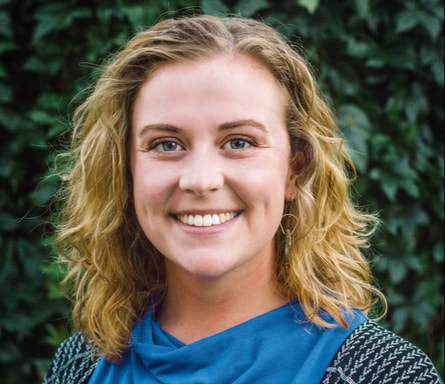Assessing Menstrual Product Preferences of Young Autistic Menstruators
How Do YOU Flow?
Despite reports that menstruation is more difficult for autistic people, there has been little research about which menstrual products are most preferred by autistic menstruators or how product features might impact their independence and comfort.
This study will provide young autistic menstruators with popular menstrual products. They will also receive informational
materials to help them use the products and learn more about periods. Menstruators will have the option, but will not be required, to try all of the products. After, the youth will take a survey and choose which product(s) they most preferred. Separately, caregivers will assess the products based on the most and least important factors they consider when choosing a menstrual product for the youth.
The study’s results intend to make periods less anxiety-provoking for autistic youth and their caregivers. The results may also provide helpful information to menstrual product companies to improve their products and offer better support to all
menstruators.
This study will provide young autistic menstruators with popular menstrual products. They will also receive informational
materials to help them use the products and learn more about periods. Menstruators will have the option, but will not be required, to try all of the products. After, the youth will take a survey and choose which product(s) they most preferred. Separately, caregivers will assess the products based on the most and least important factors they consider when choosing a menstrual product for the youth.
The study’s results intend to make periods less anxiety-provoking for autistic youth and their caregivers. The results may also provide helpful information to menstrual product companies to improve their products and offer better support to all
menstruators.
Who can Participate?
|
Eligible Youth
*This is a one-month commitment |
|
Any Questions?Keely Lundy, M.Ed., BCBA, LBA (she/her/hers) School Psychology Doctoral Candidate Department of Educational Psychology University of Utah [email protected] I am currently a fourth-year doctoral candidate in the University of Utah’s School Psychology Program, from Nashville, Tennessee. I enjoy running, reading, and spending time with my family. I have a passion for advancing neurodiversity awareness and equity through professional practice and research. I am excited for this study and I hope the results bring greater awareness to menstrual health and help meet the needs of many autistic menstruators. |
|

